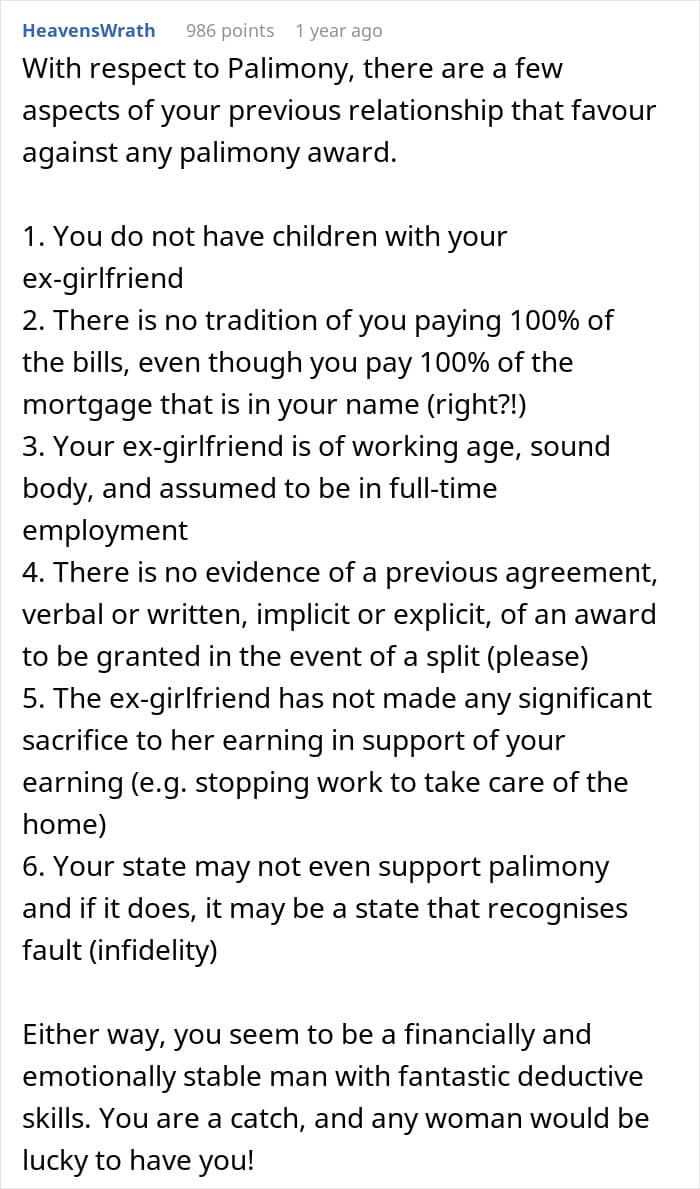Most people don’t even want to entertain the idea that their partner is unfaithful, but at a certain point, any mature adult has to face the facts. At the same time, just blindly accusing based on a hunch is a horrible idea, so sometimes one needs to actually gather evidence.
A man turned to the internet for advice on how to handle the things a private investigator discovered while trailing his fiancée on her girls trip. Later, he also shared how he approached the situation. We also reached out to him via private message and will update the article when he gets back to us.
RELATED:Hiring a PI to follow your partner is a huge step

So one man wanted some advice on how to process what he discovered


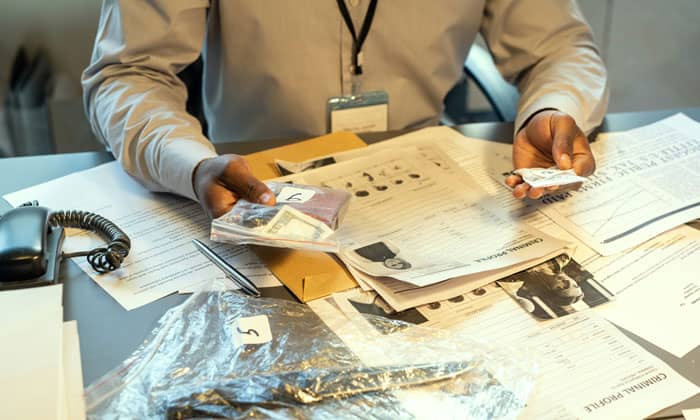
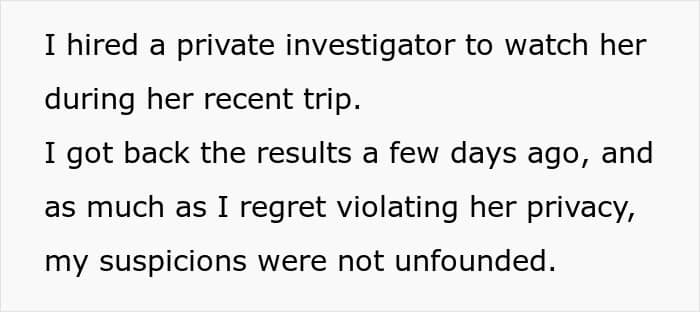
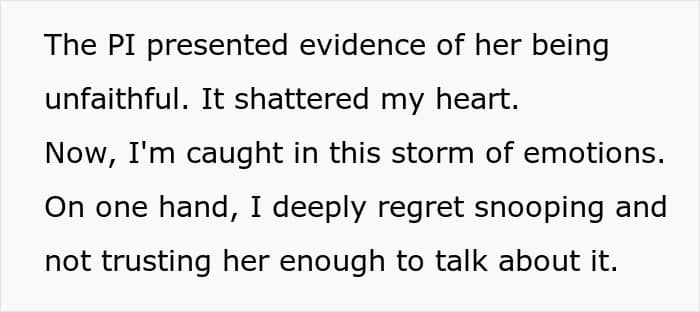


It’s important to handle a situation like this seriously
People often struggle to plan for the “unthinkable,” like major illness or infidelity, but that doesn’t mean it’s not important to take a moment and think about what to do. Finding your partner to be having an affair is having the rug pulled from under your feet. When you read through the PI’s findings, photos, video, documents, it’s only human to experience that flash of shock, anger, betrayal, and grief all at once. Give yourself a minute or two to breathe and stay with your emotions before you do anything. You don’t have to make all your choices in that initial rush of pain.
Take a few deep breaths, then scrutinize the evidence carefully. Verify that you understand what the private investigator has documented, times, dates, locations, and direct communication or contact. Clarity of facts will avoid future “he said, she said” misunderstandings. If something looks ambiguous or if you suspect there might be a misreading, ask for further context or raw data from the investigator rather than taking summaries at face value.
At this stage, think of your own safety and well-being. If you sense that you are unsafe or fear that your spouse will become violent upon confrontation, call a trusted friend or family member and remain in a safe location until you have made an exit strategy. If you are living together and are not feeling safe, you may temporarily reside elsewhere, a hotel, friend’s sofa, or family household, while you get your emotions and logistics together.
Next, decide if and how you should confront your spouse. Some people prefer a quiet, one-on-one sit-down, presenting the facts and calling for explanations. Others need space and might prefer to speak with an attorney first, especially if you share property, money, or children. Consider what desired outcome you have: an honest talk, breaking up, or gathering more facts. A clear goal will establish whether you speak frankly or seek legal options first.
Sometimes it’s best to speak to an expert

Legal advice can be priceless. Even if reconciliation is your goal, an attorney can explain your rights to marital property, child custody, and potential spousal support. If you do break up or divorce, having an attorney on hand means you will not quickly sign something that will ruin your future. Most attorneys offer a free initial consultation, accept their offer so you understand your choices.
Whichever option you choose, professional guidance can aid you in coping with the emotional aftermath. A therapist or counselor provides a confidential space in which to navigate betrayal and see if healing is possible. Couples therapy may follow if both are committed to rebuilding the relationship, although expect that some therapists recommend solo therapy first, to give each a solid foundation before couples work.
Having others to talk to can help a lot
Lean on your support network. Sharing your experience with trusted friends or family can bring relief and perspective. They can offer practical help, household duties, childcare, a safe place to stay, and emotional reassurance that you’re not alone. Avoid confiding in people who might feed your anger in destructive ways; look for those who listen without judgment and encourage healthy decisions.
Look after your physical and mental wellbeing. Stress can wreak havoc on sleep, appetite, and concentration. Try simple routines: aim for adequate rest, have healthy meals, and take a bit of exercise, a short walk clears the head. Small acts of self-compassion, like reading a much-loved book, writing in a journal, or being mindful, can keep you balanced in the midst of mayhem.
As you move forward, pace yourself. There is no set timeline for forgiveness, rebuilding, or divorce. You might find that there are more problems under the surface of your marriage than betrayal, or you might find a method to rebuild trust. Whatever you decide, remember that finding out what you’ve been missing, hurtful as it is, is giving you the strength to make deliberate choices regarding your life and your future.
Lastly, a private investigation and evidence of cheating are a wake-up call. They make you look at the reality of your marriage and at what you want. By gathering evidence, taking care of yourself, getting legal and emotional support, and addressing yourself, you’re able to take a breach of trust and make it a launching point for healing and new insight into what you require from marriage and from yourself.
People tried to give some advice





















Later he shared how he handled the situation

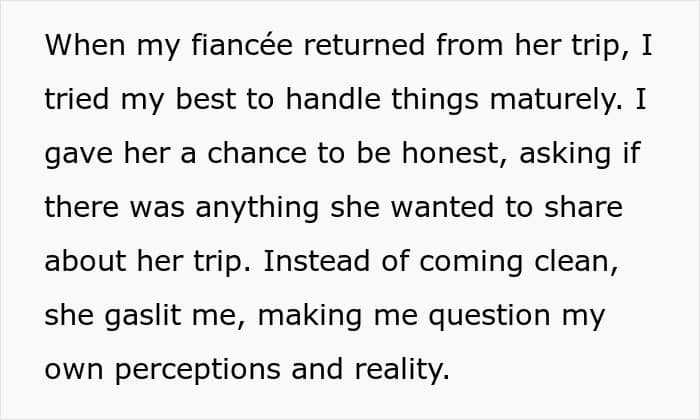

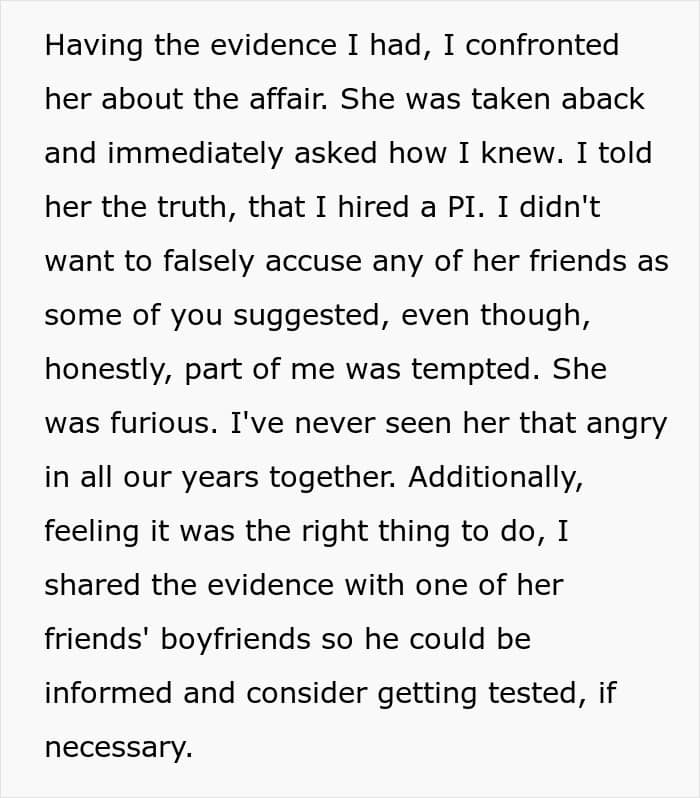
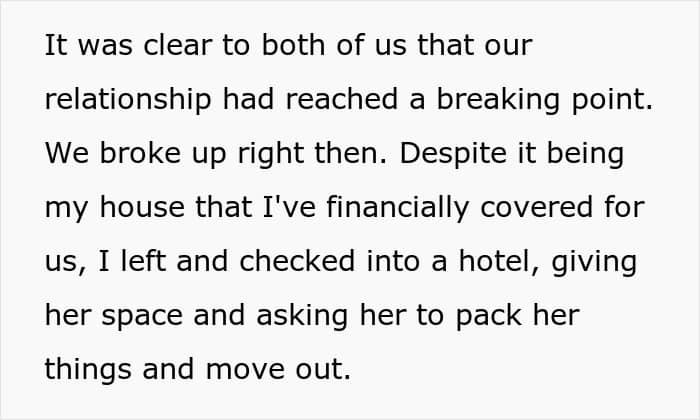
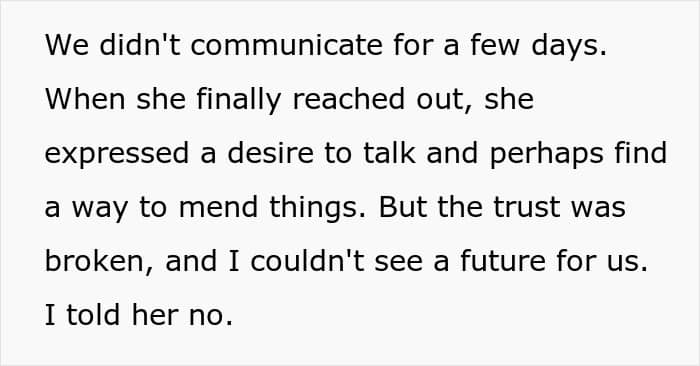
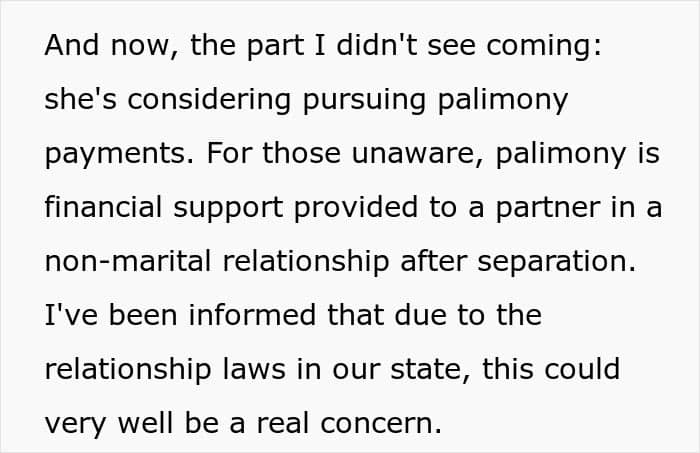
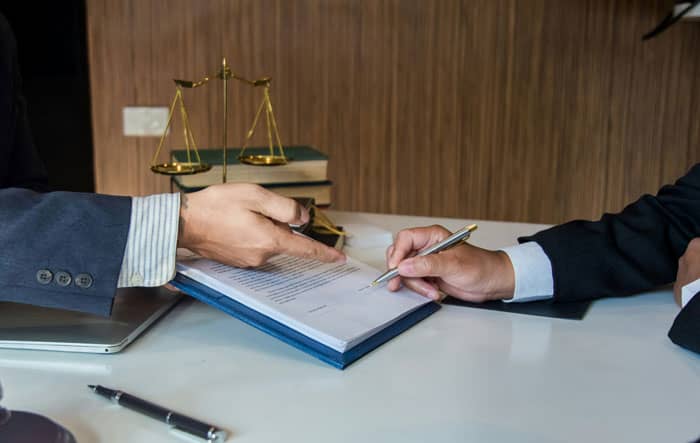
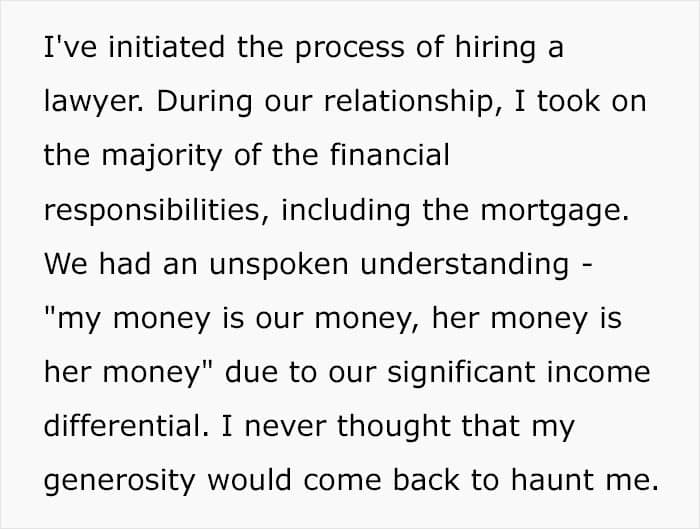
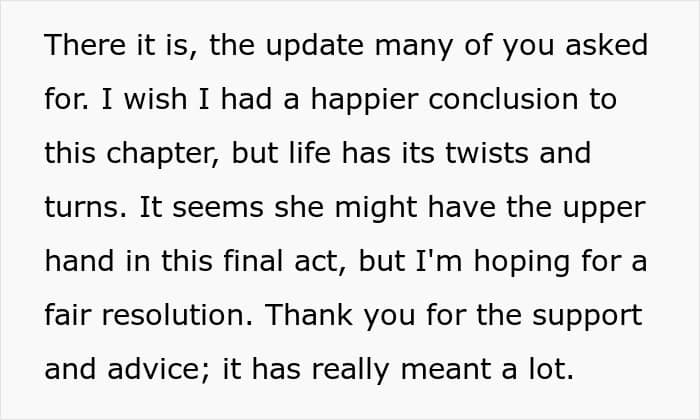
Readers thought he was in the clear


